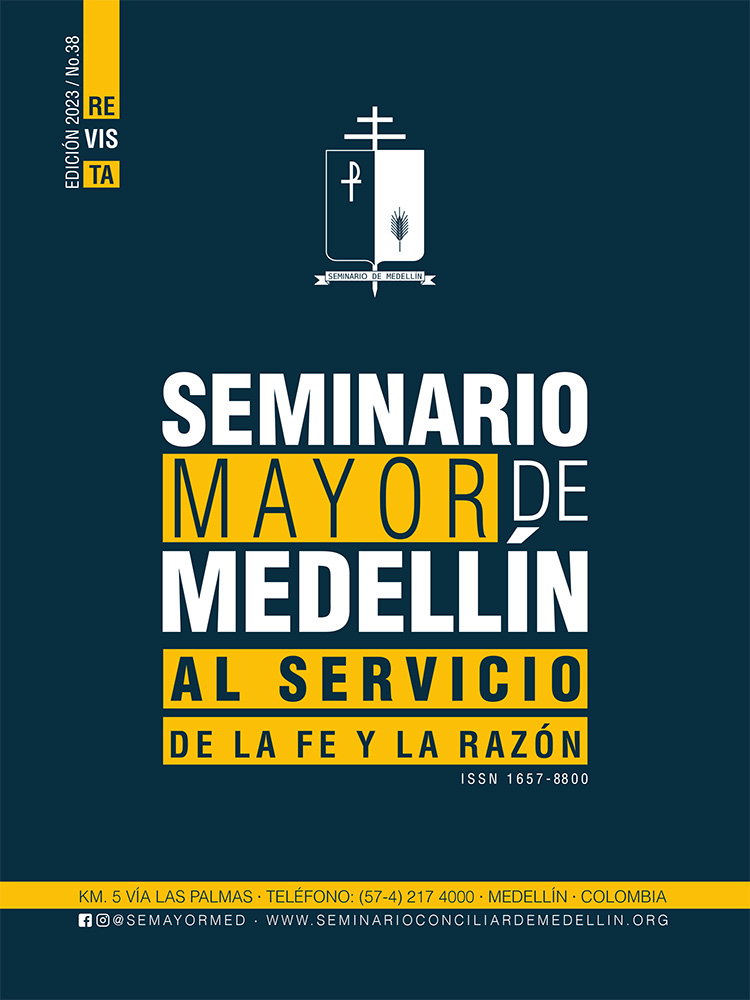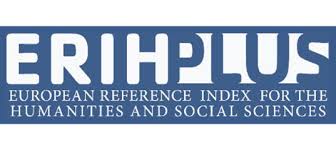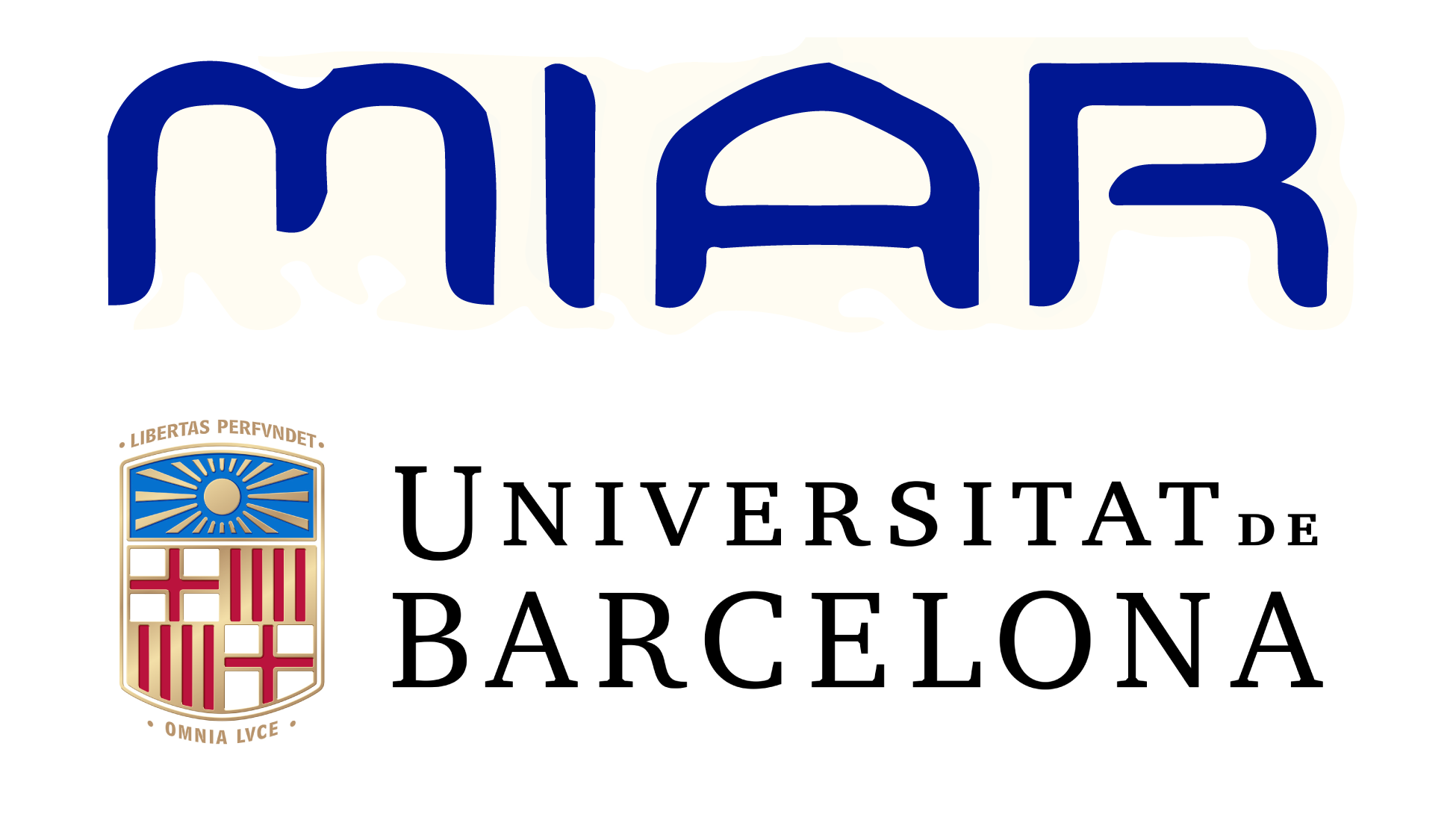Madness as a possibility of truth
An approach from Erasmus of Rotterdam in his work The Praise of Folly
Keywords:
Madness, Truth, Folly, Adulation, Laughter, LoveAbstract
This text addresses the topic of folly as a possibility of telling truths since Erasmus of Rotterdam in his work The Praise of folly, alluding to themes closely linked to it such as: truth, laughter, love, folly, necessity and flattery; The objective is to confirm the hypothesis proposed: that madness is a possibility of telling truths.
References
Cervantes, M. (2012) “Don Quijote de la Mancha”. Madrid: Prisa Ediciones.
De Rotterdam, E. (2005) “Elogio de la Locura”. Madrid: Alianza Editorial.
Foucault, M. (1992) “El orden del Discurso”. Buenos Aires: Tusquests Editores.
Rabelais, F. (2011) “Gargantúa y Pantagruel”. Barcelona: Acantilado.
Shakespeare, W. (2008) “Hamlet”. Barcelona: Planeta.
“Carmina Burana. Antología”. (2006) Madrid: Alianza Editorial
Downloads
Published
Issue
Section
License
Copyright (c) 2023 Seminario Mayor de Medellín Journal

This work is licensed under a Creative Commons Attribution-NonCommercial-NoDerivatives 4.0 International License.













